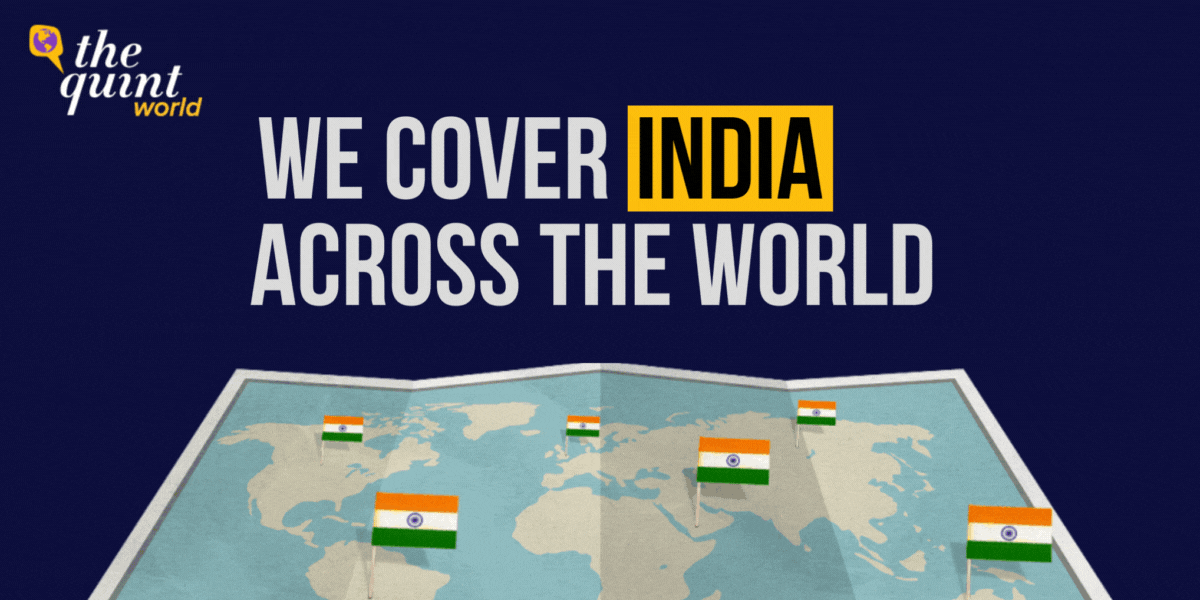An Indian-American psychiatrist’s remarks about having a fantasy of gunning down White people has stirred controversy, with academicians calling the speech “profane”.
The talk, which was held at Yale University in April, was not made public following internal complaints and concerns of the faculty at Yale over how the speech is ‘unbecoming of the medical profession’.
“In deciding whether to post the video, we weighed our grave concern about the extreme hostility, imagery of violence, and profanity expressed by the speaker against our commitment to freedom of expression,” the medical school said.
The controversy comes amid growing discourse around critical race theory and free speech, with some demanding the need for non-White mental health professionals in the wake of George Floyd’s murder.
WHAT DID SHE SAY?
On 6 April, Indian-American psychiatrist and psychoanalyst Dr Aruna Khilanani delivered an online lecture at the Yale’s Child Study Centre titled ‘Psychopathic Problem of the White Mind’.
Khilanani, who is said to have expertise in violence and racism, spoke about White privilege, rampant racism and its impact. She shared her own experiences and spoke of her fantasy of killing White people.
“I had fantasies of unloading a revolver into the head of any White person that got in my way, burying their body, and wiping my bloody hands as I walked away relatively guiltless with a bounce in my step. Like I did the world a fucking favour.”Dr Aruna Khilnani
“We need to remember that directly talking about race to White people is useless, because they are at the wrong level of conversation. Addressing racism assumes that White people can see and process what we are talking about. They can’t. That’s why they sound demented. They don’t even know they have a mask on. White people think it’s their actual face. We need to get to know the mask,” she further said.
Dr Khilanani has on multiple instances been vocal about racism and even called it 'Mahishasur' – a demon in Hindu mythology. However, this speech of hers drew massive backlash.
HOW DID YALE RESPOND?
The speech which was supposed to be made public soon after the lecture, was stalled and later released internally with a trigger warning of profanity and imagery of violence, only accessible to web users with a Yale college ID.
Several faculty members at the Ivy League institution later “expressed concern” about her talk while saying its tone and content were “antithetical” to its values, the Yale School of Medicine said in a statement.
The speech also drew heavy criticism on Twitter.
Netizens went a step further to condemn the doctor for racism against White people. They pounced on her with comments like: 'upper class Hindu', 'child of rich immigrant parents', 'immigrant taking away American jobs', and a 'woman misusing her rights'.

WHAT ENSUED?
In an email interview to The New York Times, Dr Khilanani said her comments were taken out of context to “control the narrative”. “Something is emotionally dangerous about opening up a conversation about race,” Khilanani wrote in an email to the daily publication. “No one wants to look at their actions or face their own negative feelings about what they are doing. The best way to control the narrative is to focus on me, and make me the problem, which is what I stated occurs in the dynamic of racism.”
“My speaking metaphorically about my own anger was a method for people to reflect on negative feelings. To normalise negative feelings. Because if you don’t, it will turn into violent action.”Dr Aruna Khilnani, to the NYT
In another interview to The Washington Post she said, “My style of language is different and expressive, with fluidity between conscious and unconscious, time, and uses Masala (exaggeration) for punch and comedy,” adding “It’s why we love Richard Pryor, telenovela forms and rap. I believe it makes this conversation more relatable across generations.”
Demanding that her speech be made available to the public because it is a testament to her work and learning over the past decade, she said in a TikTok video, "It should be made public, it was part of the agreement."
She said she has no regrets and stressed on the fact that her statements weren’t for shock value, but for a deeper engagement about race.
(With inputs from The New York Times and Washington Post)
(At The Quint, we are answerable only to our audience. Play an active role in shaping our journalism by becoming a member. Because the truth is worth it.)

